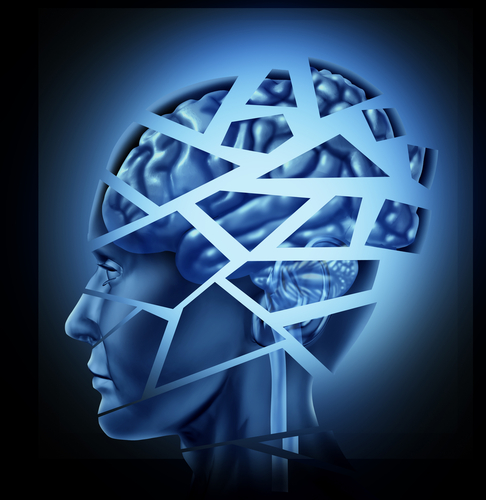Attention Deficits May Underlie Cognitive Impairment in Neuro‐Sjögren’s, Study Finds
Written by |

Attention deficits may underlie the cognitive impairment that impacts a substantial portion of Sjögren’s syndrome patients with neurological symptoms, according to a new study.
Such impairment is likely to affect other cognitive functions, as well as the ability to perform job-related tasks and engage in social activities, the researchers said.
The study, “Cognitive impairment in patients with Neuro‐Sjögren,” was published in Annals of Clinical and Translational Neurology.
Sjögren’s syndrome is an autoimmune disorder in which immune cells attack and destroy the glands that produce tears and saliva, causing the hallmark symptoms of dry mouth and dry eyes.
While the disorder is known to affect the peripheral nervous system — made up of nerves that branch off from the spinal cord and extend to all parts of the body — some studies have also suggested the involvement of the central nervous system: the brain and spinal cord itself.
But most studies addressing neuropsychological function in people with Sjögren’s have involved largely non-neurological patient populations. In addition, issues related to attention — such as attention deficits — have not been thoroughly investigated, despite their relevance to everyday life.
To bridge this gap, researchers from Hanover Medical School, in Germany, conducted neuropsychological assessments of 64 Sjögren’s patients with neurological extraglandular manifestations, or neuro-Sjögren’s.
These patients had a median age of 59 at the time of testing, and 63% were female. All had been treated at the University of Hanover neurological department between December 2016 and January 2019 and had evidence of peripheral nerve damage.
Two standard cognitive test batteries were used to assess these patients. The first was the Consortium in order to Establish a Registry for Alzheimer’s Disease (CERAD-PLUS), which tests executive functions, visuospatial understanding, language, and memory function.
The second was the Test battery for Attentional Performance (TAP), which assesses alertness, divided attention, working memory, and sustained attention.
The investigators identified cognitive impairment in 35 of the 64 cases (55%). Of these, 11 patients showed severe impairment and 24 showed mild impairment. Overall, this impairment correlated well with disease severity but not with the duration of the patients’ conditions.
Test areas involving attentional tasks showed the most impairment. These included learning, recognizing, and recalling lists of words, which generally require greater sustained attention.
Difficulties related to attention were seen in all the TAP subtests, which the investigators attribute to the more extensive testing carried out in their study. This result, they wrote, suggests that attentional deficits may have been previously underestimated among Sjögren’s syndrome patients.
Previous studies have more often described deficits related to memory, visuospatial, and executive functions.
The present study did not include brain imaging scans of the patients, which would benefit future studies, the investigators said.
“Our results indicate an underestimation of attentional deficits in patients with neuro-Sjögren until now,” they concluded.





